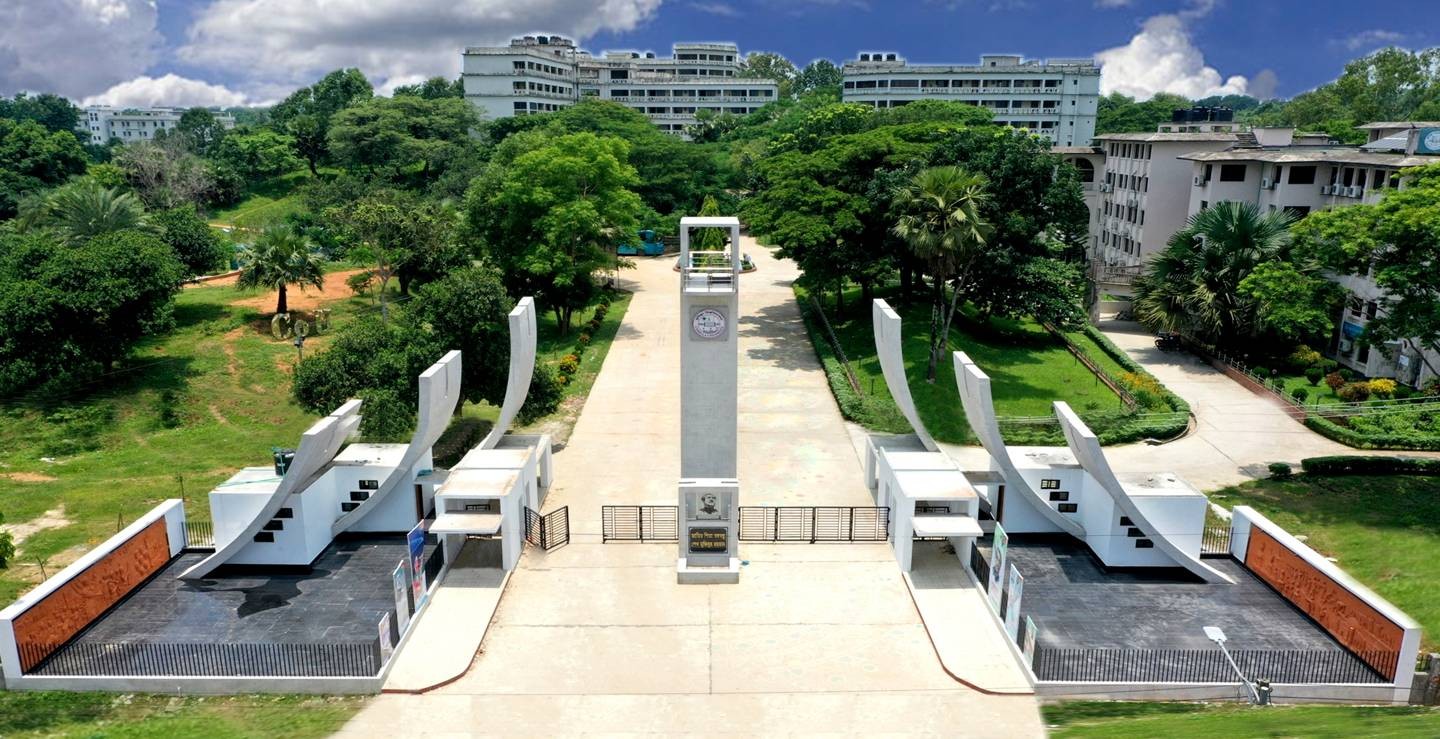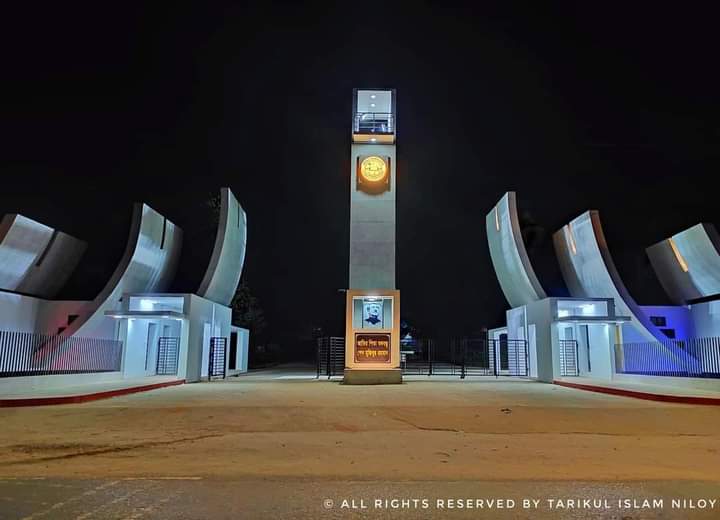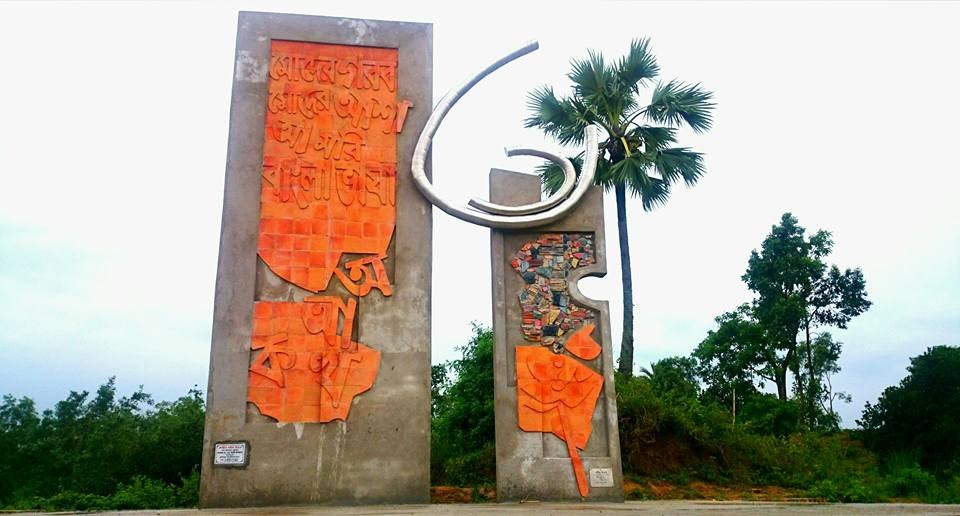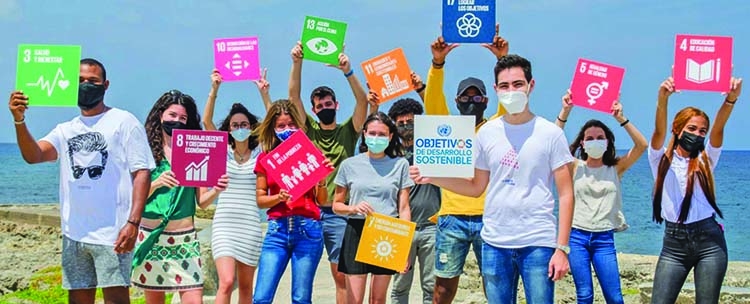By Jarin Tasnim Raka
Corruption, a pervasive malaise afflicting nations, businesses, and individuals globally, undermines societal progress and distorts the very fabric of governance. Manifested through bribery, embezzlement, and cronyism, corruption wreaks havoc on economies, exacerbates inequality, and erodes trust in institutions. In this grim context, honesty emerges as a cornerstone in addressing corruption’s insidious grip. But why is honesty so pivotal in this battle?
Corruption’s impact transcends individual actors, crippling entire economies and nations. The World Economic Forum estimates that corruption siphons an astonishing $2.6 trillion annually, equivalent to 5% of global GDP. These resources, misappropriated through illicit practices, could have been directed towards critical public services, such as healthcare, education, and infrastructure, fostering societal welfare and economic resilience.
Furthermore, corruption perpetuates economic disparity, disproportionately benefiting the affluent while marginalizing the vulnerable. In nations plagued by high corruption, the wealthy exploit systems to evade taxes or secure lucrative contracts through unethical means, exacerbating poverty and inequality. The World Bank attributes approximately 20% of the wealth gap between the rich and poor to corruption. This growing chasm not only inflicts hardship on individuals but also breeds societal resentment, tension, and instability, threatening national cohesion.
Corruption also erodes public trust in governance and institutional integrity. When leaders and officials are perceived as dishonest, citizens may disengage from civic responsibilities such as voting, paying taxes, or abiding by laws. This erosion of trust fuels political instability, social unrest, and a weakening of democratic structures, leaving societies vulnerable to chaos.
Why Honesty is the Antidote
Honesty stands as a fundamental value in combating corruption. Leaders who prioritize integrity act in the public’s best interest, eschewing personal enrichment. Transparency, born of honesty, illuminates actions and decisions, making corruption harder to conceal.
An honest administration prioritizes equitable development, ensuring public funds are allocated to transformative projects in education, healthcare, and infrastructure, rather than being funneled into private coffers. By fostering fairness, honesty guarantees opportunities for all, irrespective of socio-economic background. Moreover, leaders who embody integrity set a powerful precedent, reinforcing a culture of accountability and sending a clear signal that corruption will not be tolerated.
Empirical evidence underscores the effectiveness of honesty in governance. Nations such as New Zealand and Denmark, consistently ranked at the top of Transparency International’s Corruption Perceptions Index, exemplify the transformative power of integrity. Their robust institutions, transparent practices, and culture of honesty serve as a bulwark against corruption, ensuring societal advancement and economic stability. Conversely, countries like Somalia and South Sudan, mired in corruption, face endemic poverty, weak development outcomes, and chronic political instability.
Building a Culture of Integrity
While corruption poses a formidable challenge, it is not insurmountable. By championing honesty as a societal and institutional value, we can dismantle the structures that enable corruption to thrive. Promoting transparency, strengthening institutions, and instilling ethical practices in governance are essential steps toward a fairer and more equitable world.
The significance of honesty extends beyond individual morality; it is the bedrock of societal well-being. When individuals and leaders choose integrity over personal gain, they contribute to a system where fairness prevails, opportunities are equitable, and public trust is restored. Honesty is not merely a virtue—it is a necessity for building a just, prosperous, and resilient society.
In a world striving for progress and equity, the message is unequivocal: honesty matters, for individuals, institutions, and the collective future of humanity.
The Writer is a Member of Social Research Group (SRG) and an undergraduate Student of Public Administration, Comilla University. This is a work in progress.
















